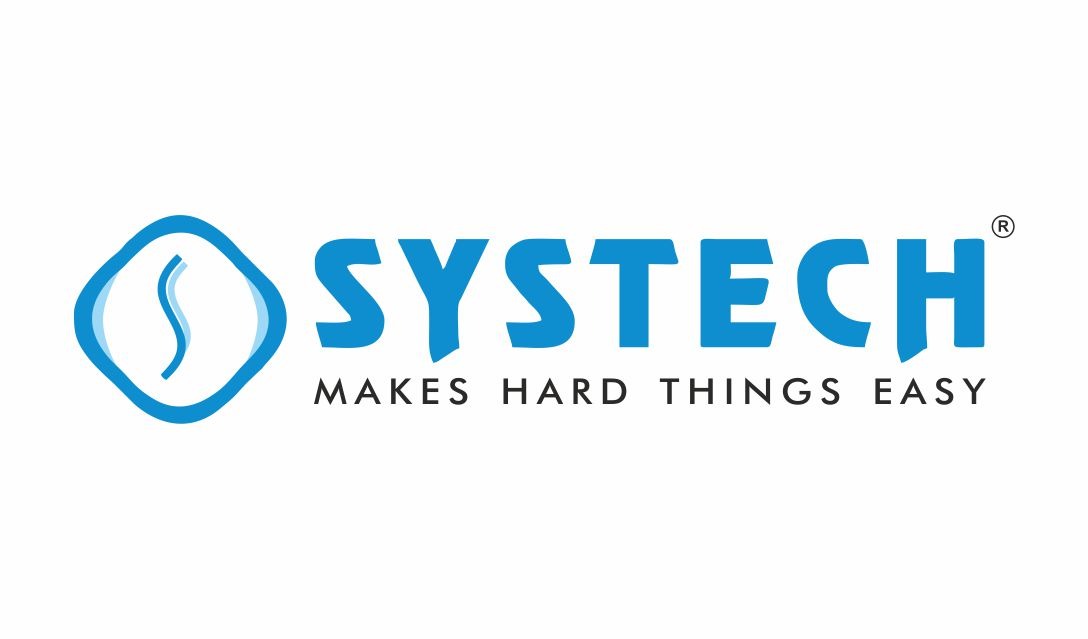Table of Contents
Introduction
Tired of the same old post-engineering career paths? Do you feel like your problem-solving skills and technical knowledge are meant for something more exciting and impactful than a traditional IT role? Then stop following the predictable road and turn your attention to the thrilling world of cybersecurity.
An ethical hacking course after engineering is your passport to a dynamic career, transforming you from a system builder into a digital protector. This isn’t just another certification—it’s a direct upgrade to your engineering degree, providing the specialised network security training that companies are desperately seeking. With the right program, you can leverage your analytical mind to fight cybercrime and secure the digital future.
Key Takeaways:
- An ethical hacking course after engineering complements your degree with practical, in-demand skills.
- Your engineering skills in problem-solving and systems analysis are highly valuable in cybersecurity.
- The curriculum covers topics like network security training, web application security, and digital forensics.
- Industry certifications such as CEH and OSCP validate your expertise.
- Cybersecurity careers provide excellent job prospects and meaningful impact.
Why Engineers Excel in Cybersecurity
Your engineering background provides a unique advantage in this domain. Engineers are trained to think logically, break down complex systems, and apply creative problem-solving—all vital skills for ethical hackers.
By enrolling in an ethical hacking course after engineering, you build on this foundation and gain practical security knowledge. Effective network security training ensures you learn not only how systems function but also how to defend them against threats. This combination of analytical ability and applied security expertise positions engineers as top candidates in cybersecurity.
Turn engineering skills into security power
Practical Curriculum for Future Ethical Hackers
Network Security Training
Move beyond classroom theory into real-world practice. You’ll learn to analyse network traffic with tools like Wireshark and Nmap, detect vulnerabilities, and secure infrastructures. The best network security training programs emphasise hands-on labs, giving you confidence to defend live systems. This module also serves as a solid foundation for learners to check ethical hacking course eligibility before diving deeper into advanced topics.
Vulnerability Assessment & Penetration Testing
At the heart of ethical hacking is penetration testing. Using industry tools such as Metasploit and Nessus, you’ll simulate attacks to uncover weaknesses in applications and networks. A strong ethical hacking course after engineering ensures you master both offensive and defensive approaches.
Web Application Security
With your programming knowledge, you’ll identify and mitigate vulnerabilities like SQL injection and Cross-Site Scripting (XSS). This not only improves security testing skills but also teaches you how to design safer applications.
Cyber Forensics & Incident Response
Become a digital investigator. Learn to collect evidence, trace intruders’ steps, and analyse logs. Incident response training ensures you can mitigate breaches and prevent future attacks.
Learn hacking with real-world labs
Ethical Hacking Certifications for Engineers
An ethical hacking course after engineering prepares you for certifications that employers respect:
- Certified Ethical Hacker (CEH): Global recognition in hacking methodologies.
- Offensive Security Certified Professional (OSCP): Proves advanced penetration testing skills.
- CompTIA Security+: Strong foundation in IT security for beginners.
These certifications, when paired with your engineering degree, show both academic rigour and practical cybersecurity expertise.
Building Your Professional Identity: From Student to Professional
Earning certifications is just the beginning. To stand out:
- Create a Portfolio: Build a home lab with vulnerable systems (like Metasploitable), document exploits, and showcase on GitHub.
- Participate in CTF Competitions: Test your network security training in gamified scenarios.
- Network with Professionals: Join LinkedIn groups, attend webinars, and follow security blogs to stay ahead.
Systech Group: Your Pathway to Cybersecurity Excellence
Choosing the right institute for an ethical hacking course after engineering can shape your entire career path. Systech Group focuses on bridging the gap between academic knowledge and practical cybersecurity skills. Their programs are designed to deliver real-world exposure through labs, simulations, and hands-on projects that prepare learners for today’s evolving cyber threats.
What makes Systech stand out is the blend of expert mentorship and practical training. Experienced trainers guide learners through tools like Wireshark, Nmap, and Burp Suite, ensuring every concept is reinforced with application. Small batches allow for personalized attention, making it easier to grasp complex topics and build confidence step by step.
Beyond technical skills, Systech emphasizes career readiness. Students are supported with certification preparation, resume guidance, and mock interviews to boost employability. With this well-rounded approach, Systech equips learners not only to earn certifications but also to succeed in competitive cybersecurity roles.
Build your cybersecurity career with Systech
Conclusion:
Choosing an ethical hacking course after engineering can completely change the direction of your career. Instead of limiting yourself to traditional paths, you gain the skills to protect networks, analyse threats, and respond to cyber incidents with confidence.
Since most programs have simple ethical hacking course eligibility requirements, it’s easier than you think to get started. What matters most is your interest in problem-solving and your willingness to learn.
Cybersecurity isn’t just another job option — it’s a chance to build a career that’s secure, future-proof, and genuinely impactful in today’s digital world.
FAQs
What is the ethical hacking course eligibility?
Most courses require basic IT knowledge and an eagerness to learn. While a computer science or engineering degree helps, many institutes welcome candidates with a technical background.
Is an ethical hacking course difficult for non-CS/IT engineers?
No. Many programs include foundation modules on networking and coding, making them accessible to all engineers.
What is the average salary after completing the course?
Entry-level ethical hackers in India earn ₹4–6 LPA, with rapid growth as they gain certifications and experience.
What career opportunities in ethical hacking are available after CEH?
It’s crucial. Knowledge of Python, Bash, and scripting makes automation and tool development easier.
Are there free resources before joining a course?
Yes. Platforms like TryHackMe and Hack The Box offer free labs to practice before committing.
How long does it take to become a professional?
Depending on dedication and certification path, it usually takes 6 months to 1 year.

